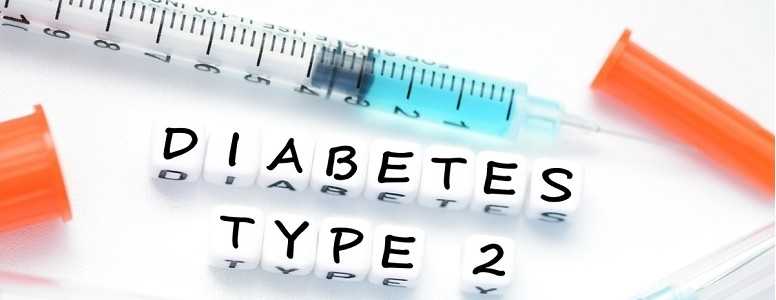It might be possible to detect whether someone is likely to develop type 2 diabetes up to 20 years before they are diagnosed, researchers have said.
The findings from the Japanese study are significant, because interventions could be introduced to stop people from getting the condition.
The research involved 27,000 people, mostly men, who were aged 30-50 years and did not have type 2 diabetes.
The team tracked the participants’ Body Mass Index (BMI) between 2005-2016. During the course of the study, a total of 1,067 people were diagnosed with type 2 diabetes.
Higher BMI, increased fasting blood sugar levels and insulin resistance were seen in people who were diagnosed. These changes were noted up to 10 years before diagnosis.
A similar pattern was observed among those who developed prediabetes, a condition that indicates high type 2 diabetes risk. The warning signs for prediabetes in these participants were detectable more than a decade before diagnosis.
Because most people who develop type 2 diabetes experience prediabetes first, researchers believe the warning signs could be detectable more than 20 years before diagnosis.
Lead researcher Dr Hiroyuki Sagesaka, from Aizawa Hospital in Matsumoto, Japa, said: “Because trials of prevention in people with pre-diabetes seem to be less successful over long-term follow-up, we may need to intervene much earlier than the pre-diabetes stage to prevent progression to full blown diabetes.”
It is important to note that many people with prediabetes can avoid developing type 2 diabetes by making healthy lifestyle changes such as cutting out sugar and processed food and getting regular exercise.
Our award-winning Low Carb Program has helped thousands to lose weight, improve their health and wellbeing and reduce their medication dependency.
The research of the study was presented at the European Association for the Study of Diabetes (EASD) conference and will be published in the Journal of Endocrine Society.
What's new on the forum? ⭐️
Get our free newsletters
Stay up to date with the latest news, research and breakthroughs.








